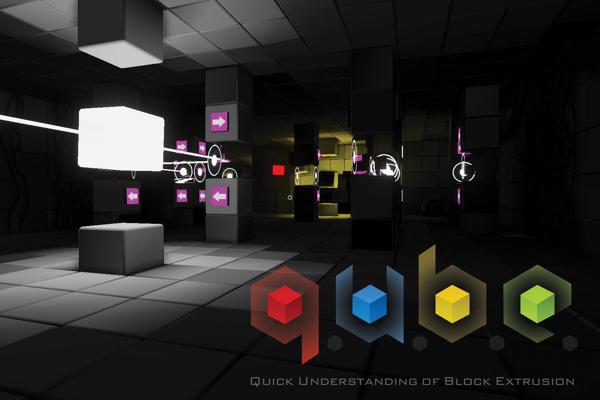When a story is “good for a game”
It always frustrates me to see someone describe a game’s story as “good for a game”.
Video games are a young medium relying on young technology. They started with significant technical limitations which made it very difficult to do much traditional storytelling, creating a lingering negative perception of their capabilities. Even when a game rises above the average, it’s likely to be damned with faint praise that its story is good “for a game” but not as good as a proportionately high-quality book, film, stage production, radio play, etc.
And, like, this is sort of true. But it’s a weird and misleading way to look at it.
There’s the obvious objection that story is just one element of games. Comparing a game’s story to a novel is weird in the same way as comparing a game’s graphics to a painting or its soundtrack to a symphony. Taking one element from a multifaceted medium to compare to a medium that is just that element is kind of dumb. The more fair comparison is the overall experience - is playing the game an experience of similar relative quality as reading the novel, observing the painting, or listening to the symphony?
But this prompts the equally-obvious rejoinder that a game is still improved by improving its constituent parts. A beautiful game with a great soundtrack and excellent storytelling is more enjoyable than an ugly one with bad music and poor writing. So it can still be worthwhile to look at those parts and to use as measuring sticks the great works in media that focus on those elements.
The real objection is that these comparisons are always made in a way that completely destroys the core value of games as a medium.
Games are interactive and dynamic to a degree unmatched by other forms of art or media. Players don’t simply consume the experience of a game - they co-create it.
Jotting down a static plot summary of a game and seeing that it compares unfavorably to a novel is like taking the audio from a film - stripped of all visuals and cinematography - and seeing that it compares unfavorably to a radio play. You can’t remove the core of an art form and then declare it worse than other art forms that still have their cores. Converting it for comparison destroyed what made it work.
Do games have worse storytelling than novels? Maybe. But if so, it’s because they aren’t supposed to have storytelling. They are supposed to have storyplaying, and no novel has that.
0 Comments

